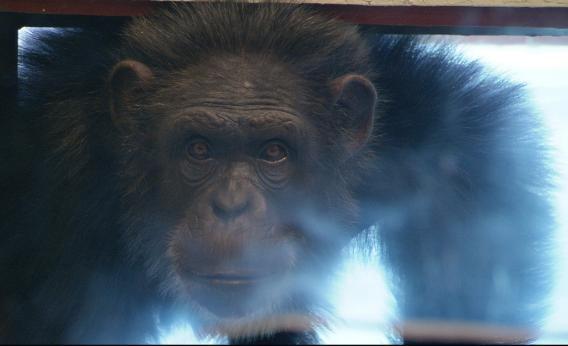“We’re now reaching a point at which technological progress threatens the very existence of humanity.”
That terrifying pronouncement comes from the documentary Surviving Progress, directed by Mathieu Roy and Harold Crooks. Surviving Progress, based on Ronald Wright’s 2004 book A Short History of Progress, asks whether our advancement—and, in particular, the consumption that it drives—could have devastating consequences for the planet and the human race. Should we be concerned, or will these warnings one day seem as quaint as early fears about the telephone? Sharing their views on the past, present, and future of humanity are leading thinkers like Margaret Atwood, author of science fiction books Oryx and Crake and The Year of the Flood; primatologist Jane Goodall; scientist J. Craig Venter, who works with synthetic life; and renowned cosmologist Stephen Hawking.
On Tuesday, May 8, at 7 p.m., Future Tense will host a screening of Surviving Progress in Washington, D.C. The New America Foundatin’s senior Future Tense fellow Robert Wright, who appears in Surviving Progress, will answer questions from the audience after the film ends.
Want to join us for what promises to be a fascinating evening? We’ve reserved a limited number of seats for Slate readers. If you are interested in attending, please send a note to futuretensedc@gmail.com with your name, contact information, any affiliation you’d like to mention, and whether you want to bring a guest (just one per person, please). Those who receive tickets will be notified and will get information about the screening location.
Check out the trailer for Surviving Progress below.
